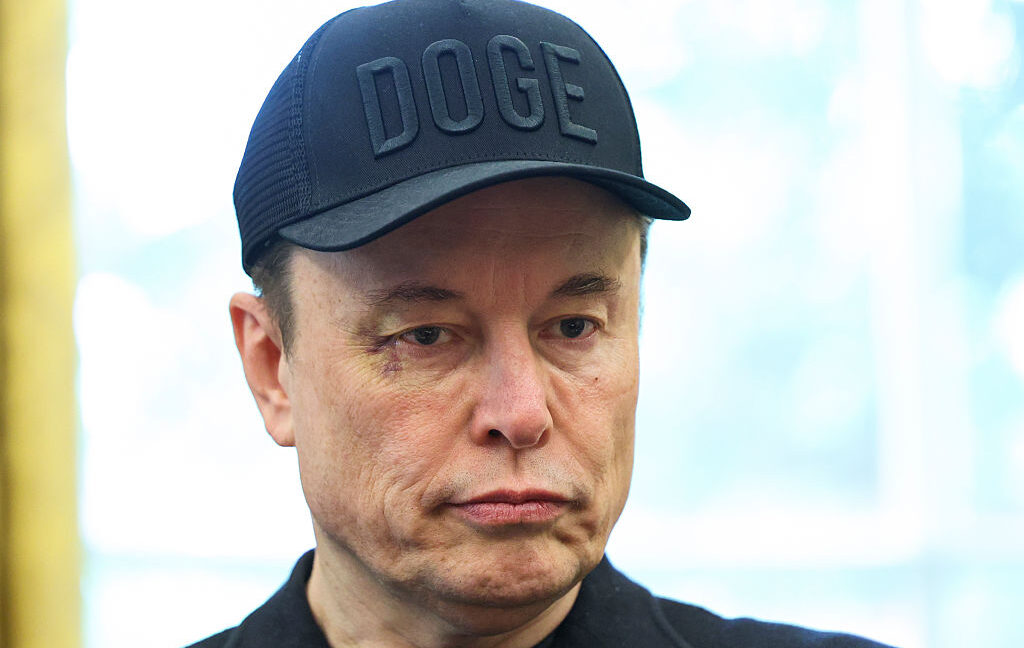
""A disclosure, even with redactions, will reveal whether a security clearance was granted with or without conditions or a waiver," DCSA argued. Ultimately, DCSA failed to prove that Musk risked "embarrassment or humiliation" not only if the public learned what specific conditions or waivers applied to Musk's clearances but also if there were any conditions or waivers at all, Cote wrote."
"Three cases that DCSA cited to support this position-including a case where victims of Jeffrey Epstein's trafficking scheme had a substantial privacy interest in non-disclosure of detailed records-do not support the government's logic, Cote said. The judge explained that the disclosures would not have affected the privacy rights of any third parties, emphasizing that "Musk's diminished privacy interest is underscored by the limited information plaintiffs sought in their FOIA request.""
"Musk's X posts discussing his occasional use of prescription ketamine and his disclosure that smoking marijuana on a podcast prompted NASA requirements for random drug testing, Cote wrote, "only enhance" the public's interest in how Musk's security clearances were vetted. Additionally, Musk has posted about speaking with Vladimir Putin, prompting substantial public interest in how his foreign contacts may or may not restrict his security clearances. More than 2 million people viewed Musk's X posts on these subjects, the judge wrote, noting that:"
"It is undisputed that drug use and foreign contacts are two factors DCSA considers when determining whether to impose conditions or waivers on a security clearance grant. DCSA fails to explain why, given Musk's own, extensive disclosures, the mere disclosure that a condition or waiver exists (or that no condition or waiver exists) would subject him to 'embarrassment or humiliation."
DCSA argued that disclosure, even with redactions, would reveal whether a security clearance was granted with conditions or a waiver. The court concluded DCSA did not prove Musk would face embarrassment or humiliation if the public learned whether any conditions or waivers existed or what they were. The judge found the cases cited by DCSA did not support the agency's privacy argument and noted disclosures would not affect third-party privacy rights. Musk's public posts about drug use and meetings with foreign leaders heightened public interest in how his clearances were vetted. Drug use and foreign contacts are factors DCSA considers when imposing conditions or waivers, and the agency did not justify why mere disclosure of existence would cause embarrassment.
Read at Ars Technica
Unable to calculate read time
Collection
[
|
...
]